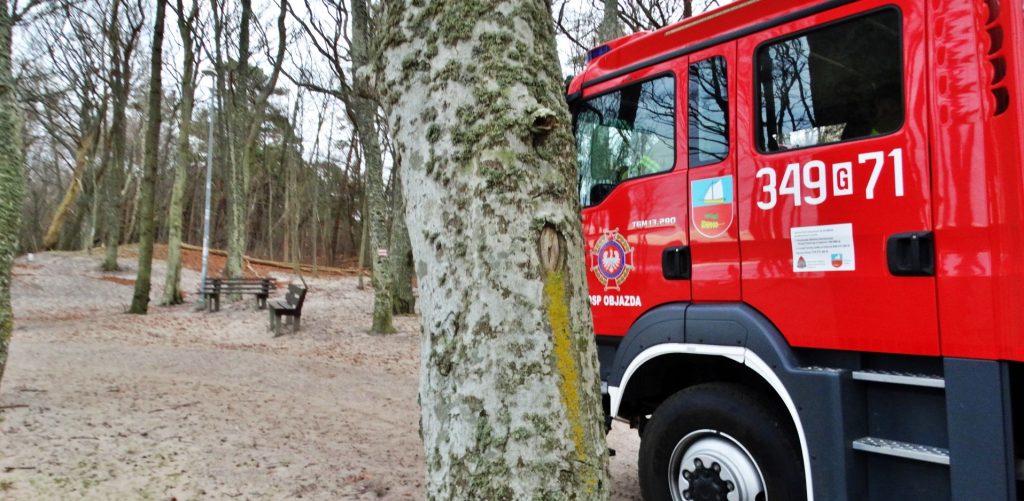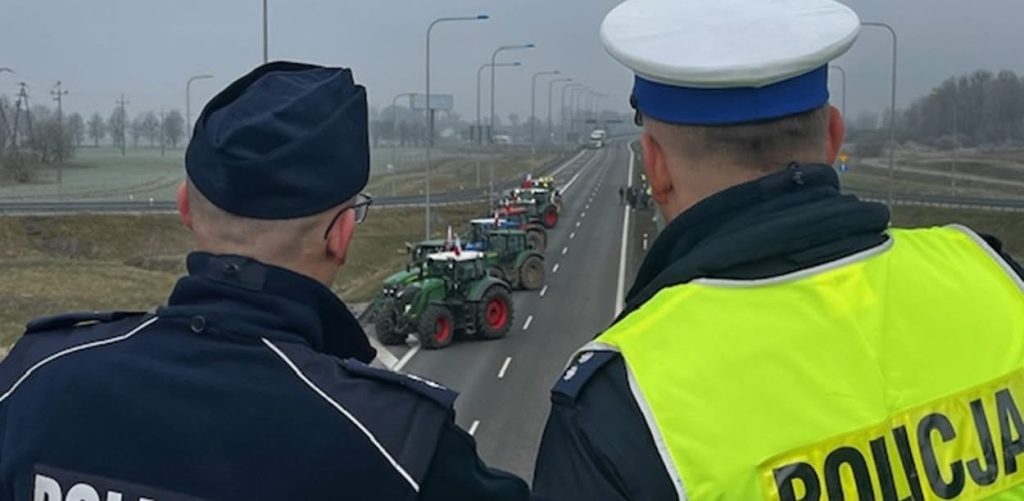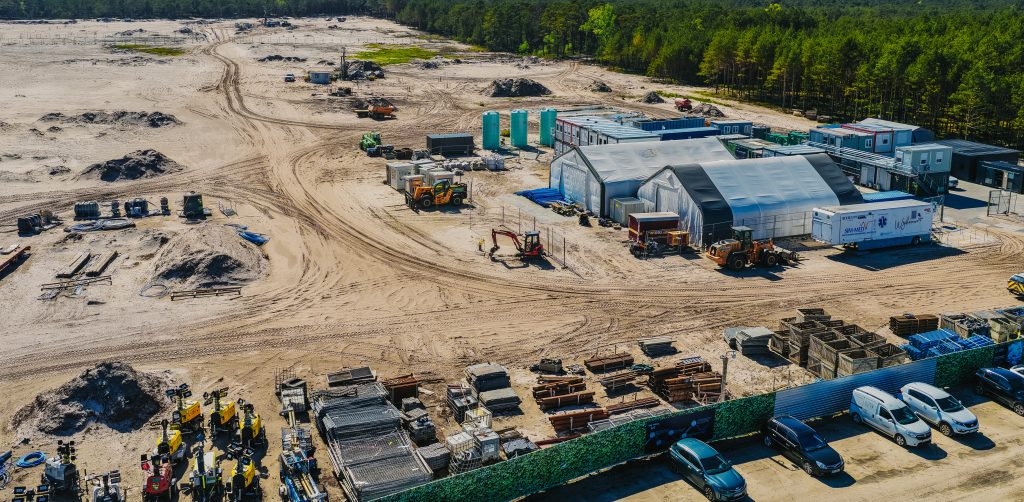The European Parliament yesterday approved 100 million EUR in funding for EU research and development programs, including 80 million EUR earmarked for the Horizon 2020 program.
To date, Poland has received over 330 million EUR as part of the Horizon 2020 project, with over 50 million earmarked for research in the fields of information and communication technology. Academic institutions and businesses in Trójmiasto including GUMed, the University of Gdansk, Politechnika Gdańsk, and the City of Gdańsk, all benefit from the program to the tune of nearly 25 million EUR or over 100 million PLN.
One such beneficiary is Dr. Michał R. Szymański of the University of Gdańsk, who was recently awarded a prestigious European Research Council grant of 1.5 million EUR (6.5 million PLN) to study the molecular mechanics of mitochondrial DNA repair.
For an overview of Horizon 2020 projects in Poland, visit https://ec.europa.eu/research/horizon2020/index.cfm?pg=country-profiles-detail&ctry=Poland
Lotos official reassures Poles after attacks on Saudi oil installations
In an interview yesterday with Radio Gdańsk, Jarosław Wittsock of Lotos sought to allay fears that the recent attack on Saudi Arabia’s Aramco oil installations would lead to fuel shortages or a dramatic surge in prices at the pump.
Saturday’s attacks, which experts from Saudi Arabia and the US have determined were likely to have been launched from a base in Iran, resulted in a decrease of 50% of total Aramco oil production, or roughly 5.7 million barrels of oil per day.
In a conversation with Artur Kiełbasiński, Wittstock, who is Vice President for Corporate Affairs at Grupa Lotos, assured listeners that “there is not currently a problem of shortages or interruptions in supplies” as “oil from the Persian Gulf has little impact on our refining sector” and “does not determine our production efficiency.”
Lotos is the largest enterprise in Pomerania and the second-largest refinery in Poland; it currently supplies nearly one-third of the Polish fuel market along with bitumens and lubricants for cars, aircraft, trains, ships, and military vehicles.
Museum unveils statue and digital app commemorating Witold Pilecki and other Polish heroes
As part of ceremonies commemorating the Soviet invasion of Poland, the Museum of the Second World War in Gdańsk recently unveiled a statue of Captain Witold Pilecki, “a hero who embodies the fight of Poles for a free and independent homeland.”
A veteran of numerous struggles for Polish independence, Pilecki is perhaps best known in the West as the author of Witold’s Report, the first comprehensive Allied intelligence report on the Auschwitz concentration camp and the Holocaust. Upon his return to communist Poland after the war, he began collecting intelligence against the Soviet Union and was later arrested, convicted, and summarily executed on May 25, 1948.
Accompanying the 2.8 meter statue was the inauguration of Kompas Wartości or the Compass of Values, a customized augmented reality (AR) app which allows guests to “see” the Captain walking around the square next to his monument as well as look at Polish aircraft from 1939.
The inspiration for the app were “the values that Captain Pilecki represents,” described by Museum Director Dr. Karol Nawrocki as “dignity, honor, nobility, freedom, but also love – love for another person, for family, God, and homeland…I dream that Captain Pilecki, in times when we fall, when we need reinforcement, will become a compass of values for us,” he continued.
The full text of the Dr. Nawrocki’s speech can be found on the Museum of the Second World War’s website: https://muzeum1939.pl/uroczystosc-odsloniecia-pomnika-rotmistrza-witolda-pileckiego/aktualnosci/2727.html
2020 Civic Budget proposal aims to “speed up” trams in Gdańsk
Rush-hour traffic affects trams as well as cars, a problem one of the citywide proposed projects in the 2020 Civic Budget aims to fix.
The “Speed Up the Gdańsk Trams” project aims to ease congestion and shorten the daily commute by extending tram platforms in several key locations along Grunwaldzka Avenue, beginning at Traugutta near GUMed and ending at Wojska Polskiego near Zaspa SKM. “If there were two trams at the stop,” explains project co-author Anita Płonowska, “it would take less time” for trams to cycle through the entire system.
According to traffic engineers at Gdańsk Politechnika, extending the platforms at these stops would alleviate some of the congestion resulting from the bottleneck of trams around Gdańsk Głowny. More long-term solutions, however, such as a new tram line through Wrzeszcz Dolny or a tram overpass at Gdańsk Główny, would need to be considered in order to adequately resolve congestion issues.
Their concerns were echoed by City Council member Elżbieta Strzelczyk, who pointed out that congestion will only worsen when additional tram lines are added from Gdańsk Południe. If the “Speed up” project isn’t funded through the Civic Budget, Strelczyk has suggested she will appeal directly to the City Council to fund a similar initiative.
The proposal is particularly timely given that Gdańsk is currently celebrating European Mobility Week and Sunday is World Car-Free Day. The “Speed Up” project is one of 28 citywide proposals alongside an additional 300 neighborhood-specific proposals, that Gdańsk residents of any age can vote on until September 23rd.
For more information and a complete list of projects, visit the City of Gdańsk website at: https://www.gdansk.pl/download/2019-09/134825.pdf
RGEN NEWS/EP







